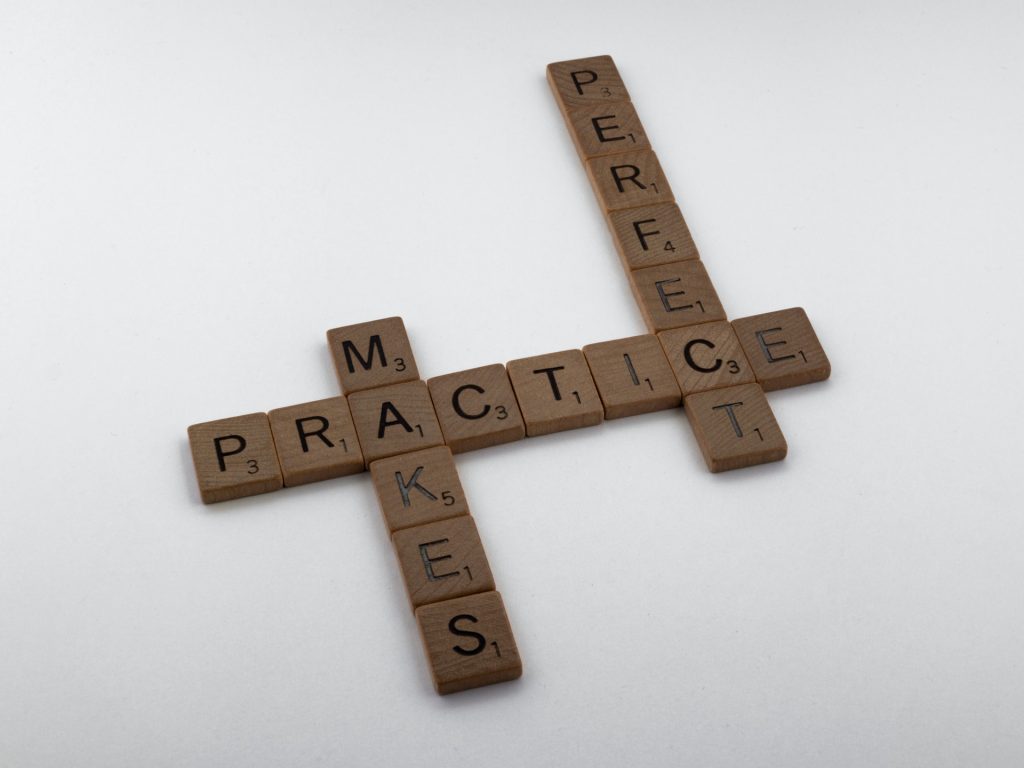Embarking on ambitious goals, such as launching and growing a business, requires more than just connections – it demands skills, knowledge, and the ability to learn quickly. The faster you acquire new information, the more successful you can become. In this article, we delve into ten scientifically supported ways to expedite the learning process, potentially revolutionizing the way you understand memory enhancement.

Speak Out Loud to Boost Memory
Research indicates that vocalizing information enhances memory significantly compared to silent reading or thinking. Active involvement in the form of speech makes words more distinct in long-term memory. So, next time you want to remember something, say it out loud.
Handwrite Notes for Better Learning
Despite the convenience of typing, research suggests that handwriting notes can improve both comprehension and retention. Writing in your own words forces you to engage more deeply with the material, leading to better recall.
Opt for Distributed Practice
Rather than cramming information at the last minute, opt for distributed practice. This approach involves spacing out your learning sessions, leveraging the study-phase retrieval theory. Each successful attempt to retrieve information makes it harder to forget, ultimately enhancing memory.
Test Yourself Frequently
Self-testing proves to be an effective learning accelerator. Not only does it create additional context, but getting answers wrong and subsequently correcting them reinforces memory. Test yourself on different aspects, from key points to statistics, for a more comprehensive understanding.

Modify Your Practice Routine
Instead of mindlessly repeating a task, practice a slightly modified version to facilitate faster learning. This process, known as reconsolidation, involves recalling existing memories and modifying them with new knowledge. Experiment with different speeds, break down tasks into smaller chunks, or change conditions to optimize your learning.
Incorporate Regular Exercise
Studies show that regular exercise not only improves memory recall but also increases the production of BDNF, a protein supporting brain cell function and growth. High-intensity exercise, in particular, is linked to improved high-interference memory, crucial for remembering similar information and making connections.
Prioritize Quality Sleep
Sleep plays a vital role in memory consolidation. Even short naps can enhance memory recall. Lack of sleep, on the other hand, impairs your ability to commit new information to memory. Aim for sufficient, quality sleep to maximize your learning potential.
Embrace Interleaved Learning
Instead of focusing on a single subject during a learning session, try interleaving – learning or practicing several subjects or skills in succession. This approach improves your brain’s ability to differentiate between concepts, fostering a deeper understanding.
Teach Someone Else
Teaching accelerates learning and retention. The act of preparing to teach compels individuals to seek key points and organize information coherently. The expectation of teaching can enhance effective learning strategies, benefiting both the teacher and the learner.
Associate New Information with Familiar Concepts
Employ associative learning by connecting new information to something familiar. Relating the unknown to the known simplifies the learning process, requiring you to focus on differences or nuances. This approach enhances memory storage and retrieval.

Incorporating these science-backed techniques into your learning routine can revolutionize your ability to grasp new information quickly. Whether you’re preparing for a business pitch or acquiring new skills, understanding the nuances of memory enhancement can significantly impact your success. So, speak out loud, take handwritten notes, embrace distributed practice, and let science guide you toward a more efficient and effective learning journey.





